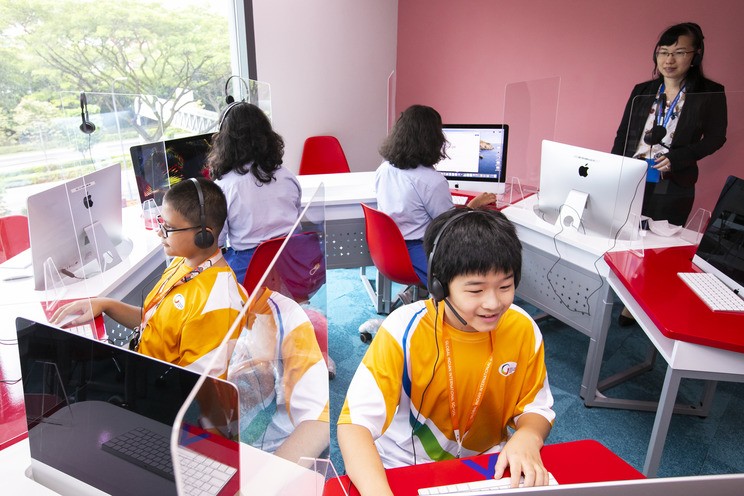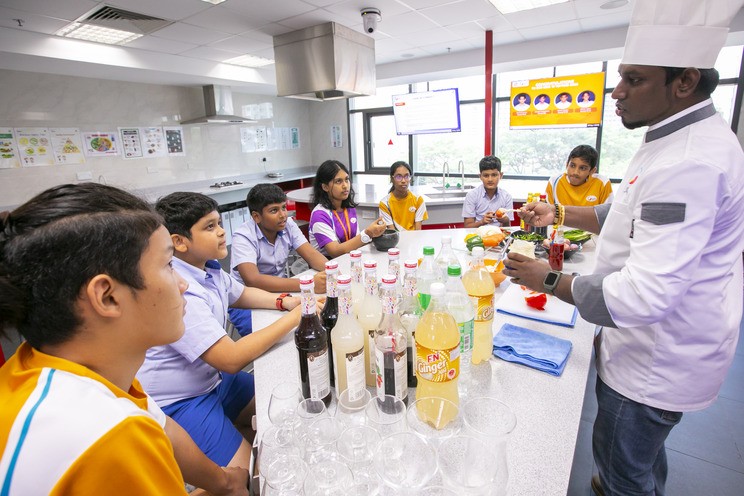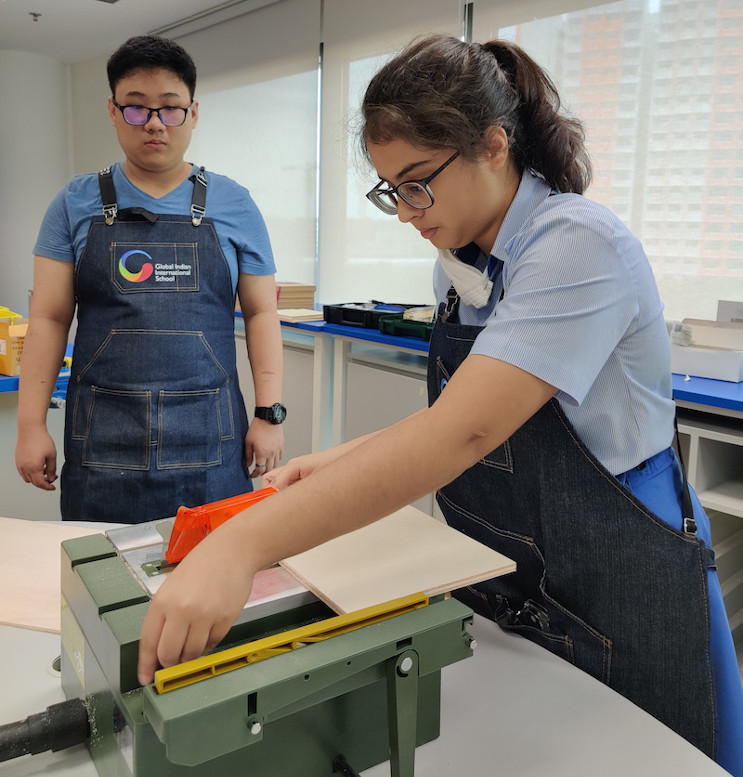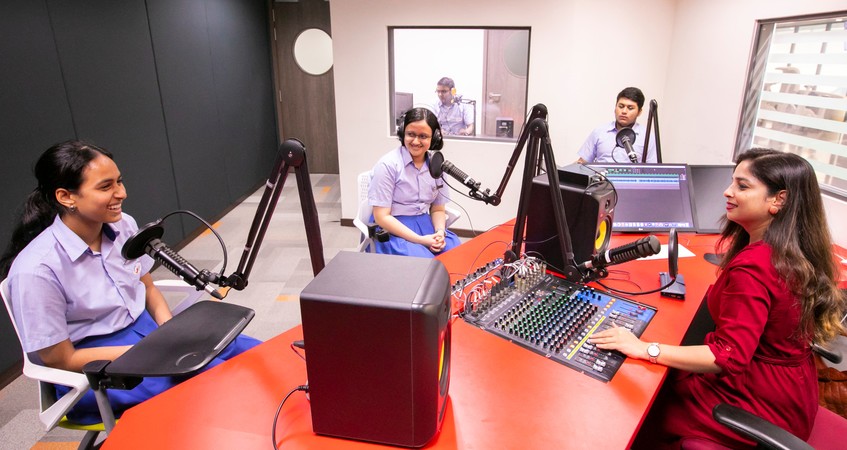Technology has changed our way of life over the past several decades, but the pace is speeding up. Revolutionary technologies — particularly artificial intelligence — are changing the face of nearly every industry, from healthcare and business to manufacturing and education. In fact, research reports suggest that up to 85% of jobs that will be available in 2030 do not even exist today.
As a result, educators are tasked with looking at the future of education, emphasising the development of 21st-century skills and guiding children on the need for life-long learning. By prioritising this, children will be ready for jobs in the future — even if we don't know what those will be yet.
A future-focused education
By recognising that the world around us is shifting and changing with each passing day, educators and school leaders can develop a future-focused learning model that prepares students for an unknown future. We may not know what jobs will be available in the future to today's students, but we do know that they will need a specific set of skills in order to address the complex problems facing our world.
To start with, students must have the opportunity to develop skills like communication, critical thinking, creativity, adaptability and emotional intelligence. In addition, young people will need to be empathetic and resilient as well as culturally aware in order to become the leaders of tomorrow.
Beyond soft skills, students will need to acquire the hard technical skills required by their chosen industries/domains. By developing a strong foundation around existing technology and its various uses, students will be better prepared to handle the technological advances that will continue at a rapid pace.

Young children and adolescents are often asked the age-old question: "What do you want to be when you grow up?" Rather than posing this question, it's important to help them align with the job opportunities of the future. Career clusters that are expected to become more prevalent in the coming years and decades include data analysts and scientists, AI and machine learning specialists, digital marketing and strategy specialists, according to this Future of Work report by the World Economic Forum.
Introducing students to the possibilities of tomorrow while giving them the skills they will need to adapt to an ever-changing landscape will see them uniquely prepared for all future jobs, whatever they may be.
Designing an educational environment that nurtures 21st-Century skills
Merely telling students that they need to ready themselves for the future is not enough to help them adequately prepare. They need to be immersed in an environment where they can ask questions, engage in discussion, test their skills and come to their own conclusions. GIIS, for example, prides itself on creating a learning environment that helps students organically develop the skills they will need for all types of future jobs.

At Global Indian International School (GIIS), we have developed a learning environment in which:
- Students have access to the latest technology, and they are encouraged to use it to achieve their professional goals. We also encourage safe use of technology and digital citizenship skills. This allows students to discover how to use technology creatively and effectively, giving it a purpose that extends beyond pure entertainment.
- Classroom lessons focus more on a hands-on practical approach and less on memorising facts. Rather than taking a traditional approach to education, we provide students with experiential opportunities, labs and studios to try out things and build their skills.
- Critical thinking and problem-solving are central components of any classroom lesson or project. Students often have the opportunity to work in groups, collaborate, engage in discussion, come up with their own theories and test their results. This provides them with experience with the leadership and team skills they will need throughout their lifetime.
By focusing on the holistic development of every student, GIIS is able to develop well-rounded students, ready for the future.

How GIIS prepares future-ready learners
GIIS is a “school of the future”, which means that our educators focus on preparing future-ready learners.
We do this by:
- Creating learning opportunities in which students have the ability to reflect on a problem, collaborate with their classmates and connect their findings with the world at large.
- Offering multiple curricula options, giving students and families the chance to choose a pathway that best suits their personal strengths and interests.
- Hiring best-in-class educators who are trained in our international and Indian curricula options, and are passionate about 21st-century learning. Our teachers strive to make every lesson interactive and inspiring, and they are able to rely on the ample resources throughout our campuses.
- Emphasising a holistic framework in which well-rounded development is a central focus of the educational process.
- Providing students with plenty of opportunities to succeed, including through extracurricular and co-curricular activities.
Learn More About the Future of Education Today
Schools of the future that understand the changing nature of education and the world around us will be able to better prepare students for the jobs they will hold in the future. To learn more about the future of education and to discover how GIIS nurtures future-ready learners, you can get in touch with one of our admissions counsellors today.




